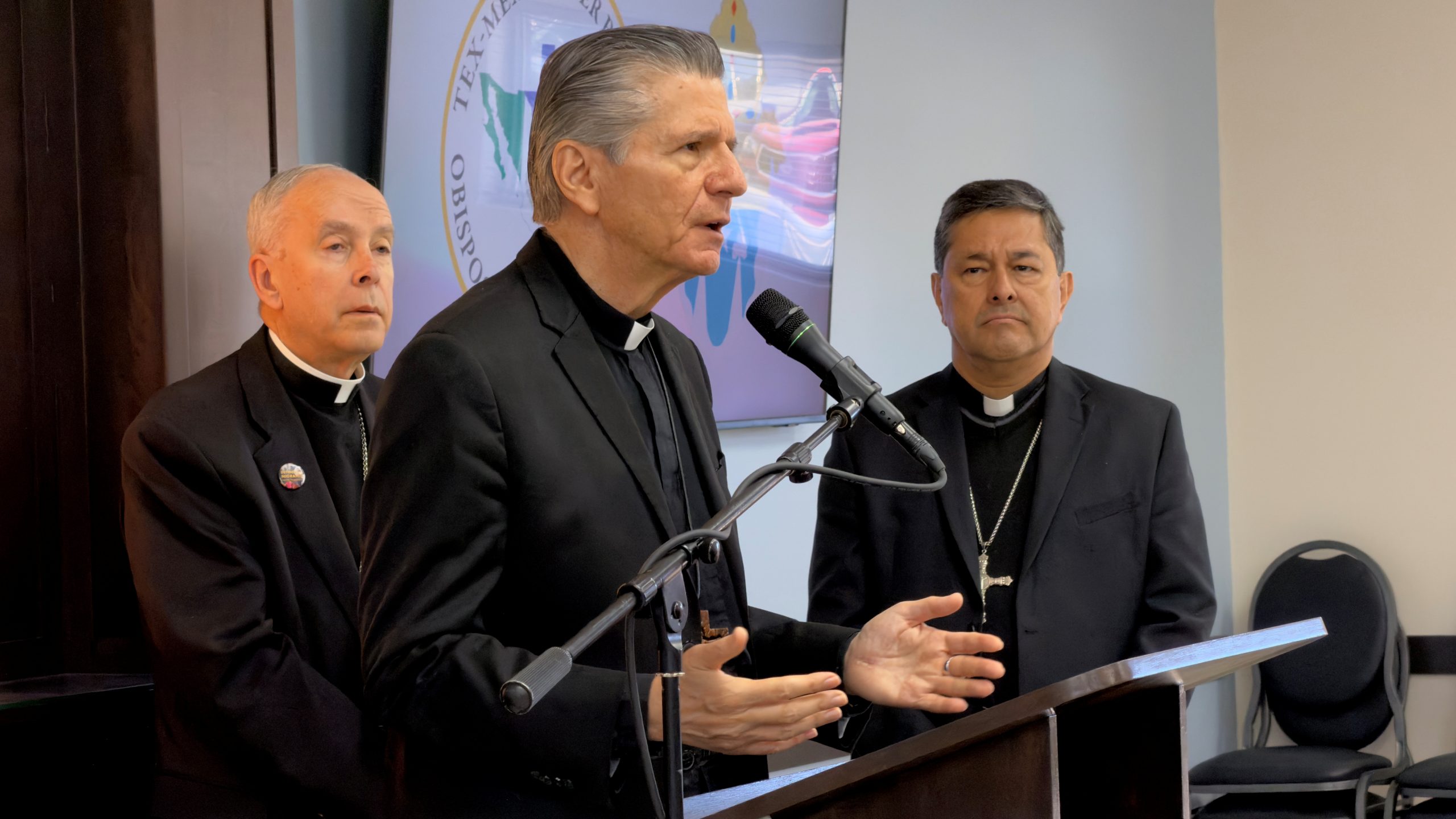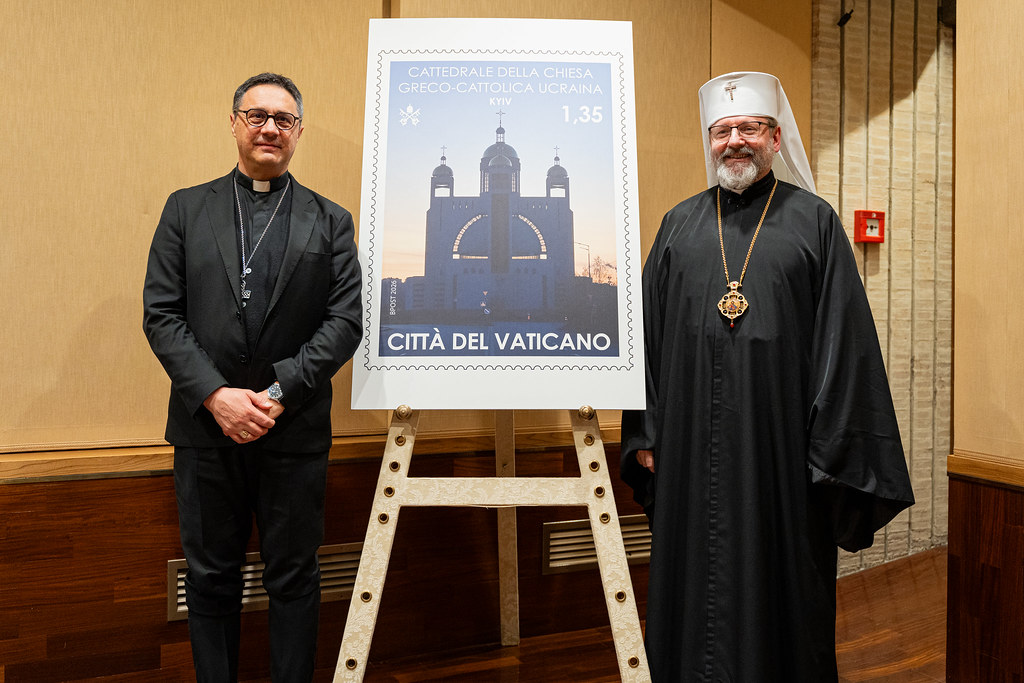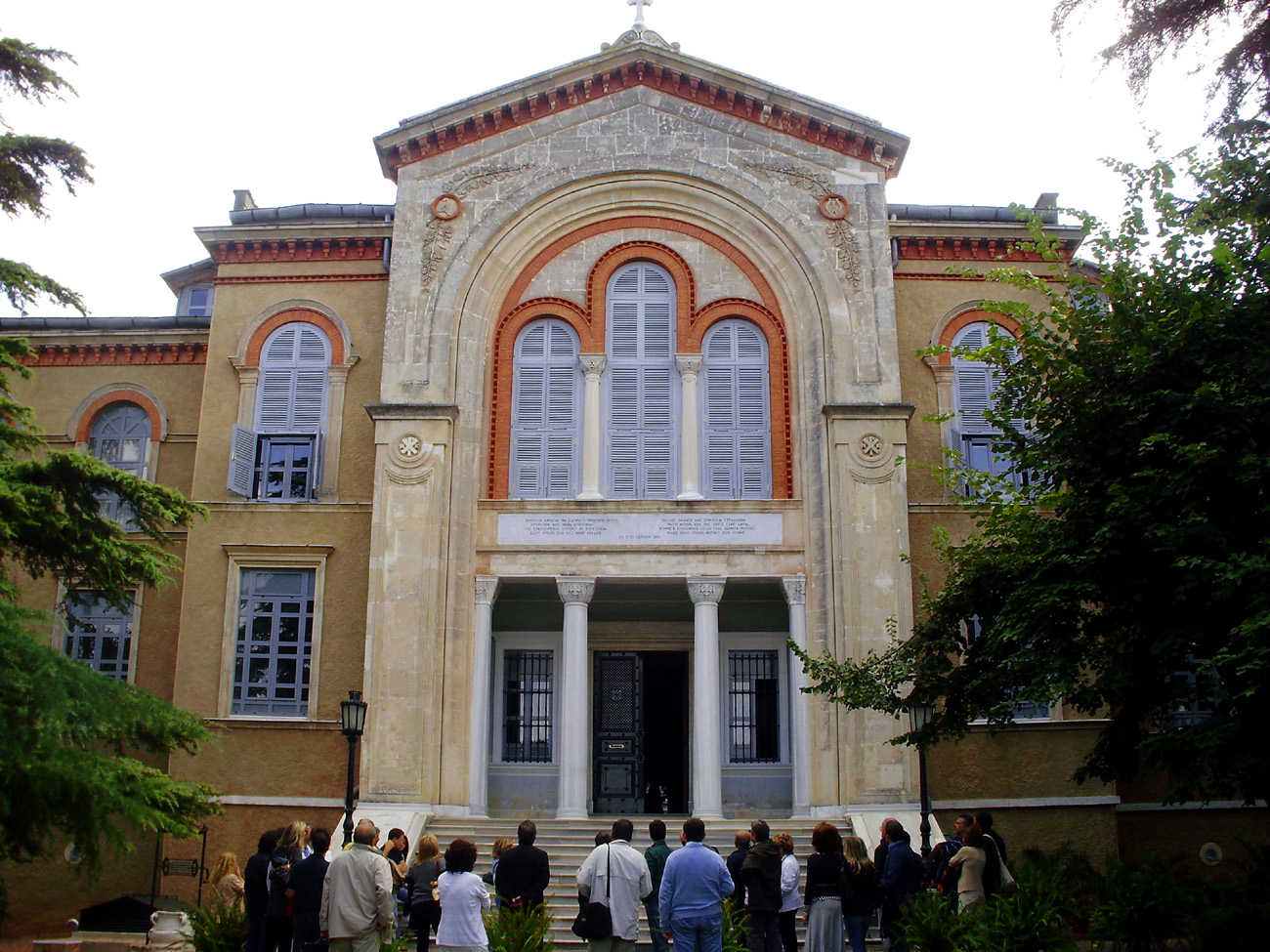
null / Credit: Daniel Jedzura/Shutterstock
CNA Staff, Nov 6, 2024 / 14:45 pm (CNA).
California and Colorado voted to repeal amendments that defined marriage as between a man and a woman, while Hawaii is on track to repeal its traditional definition of marriage, though it has not yet been called.
The state constitutions of California, Colorado, and Hawaii defined marriage as a union between one man and one woman, but the results of these measures on the 2024 election ballots are set to remove this traditional definition.
The removal of the long-standing language on marriage is largely symbolic since the U.S. Supreme Court already legalized same-sex marriage in all U.S. jurisdictions in its 2015 Obergefell v. Hodges decision. Nonetheless, in 2020, Nevada became the first state to repeal its constitutional provision defining marriage as between a man and a woman. California, Colorado, and Hawaii joined the ranks this year, removing the definition.
Colorado
In a roughly 63% to 36% vote, Colorado removed language from its constitution that recognized marriage as “only a union of one man and one woman.”
The Colorado bishops made a statement opposing the “Protecting the Freedom to Marry” or Amendment J earlier this year, saying that it was “imperative” for faithful Catholics to oppose the amendment as well as a pro-abortion amendment that would enshrine abortion as a right in the state’s constitution.
The main proponent of Amendment J, Freedom to Marry Colorado, raised more than $760,000 and spent less than $600,000 of it. State Rep. Scott Bottoms and the Colorado bishops voiced opposition to the measure, but there was no organized campaign opposing the measure, according to Ballotpedia.
California
Californians overwhelmingly supported removing the state’s traditional definition of marriage from the constitution in a 61% to 38% vote. The amendment not only removed the definition of marriage, like Colorado’s, but also added the “right to marry” as a “fundamental right” in the state’s constitution.
The California Catholic bishops did not take a stance on the measure, though groups including the California Family Council voiced opposition to it, citing concerns that it could eliminate safeguards and lead to the legalization of other irregular forms of marriage. California Gov. Gavin Newsom, Planned Parenthood Affiliates of California, and the American Civil Liberties Union of Northern California voiced support for the measure.
Like Colorado, there were no reported campaigns against the measure. Campaigns supporting the measure totaled more than $3.4 million in funding.
Hawaii
While Hawaii has not yet called the results of its marriage amendment, the state is on track to repeal the Legislature’s power to limit marriage to one man and one woman. Though it is the closest of the three states, Amendment 1 is still more than 10 points ahead, according to the New York Times.
Of the 76% of votes counted in Hawaii, about 56% voted yes for Amendment 1, while about 43% voted no. In Hawaii, blank votes are considered no votes. The amendment needs 51% to pass.
Like Colorado and California, there were no reported campaigns against it. Supporters had $79,000 in funding.
American Civil Liberties Union of Hawaii, the Hawaii Civil Rights Commission, and the Democratic Party of Hawaii, among others, voiced support for the measure. The Hawaii Catholic bishops did not take a stance on the measure.
Same-sex marriage in the U.S.
According to a 2023 Pew Research survey, 63% of Americans believe same-sex marriage should be legal, while 34% are against it. Support for same-sex marriage increased steadily in the U.S. from 2004 to 2017 while remaining steady since, according to Pew.
The ballot measures in California and Colorado reflect this survey, with similar numbers from their voters.
In point No. 46 of their 2023 document “Forming Consciences for Faithful Citizenship: A Call to Political Responsibility from the Catholic Bishops of the United States,” the U.S. bishops state that “the family — based on marriage between a man and a woman — is the first and fundamental unit of society and is a sanctuary for the creation and nurturing of children. It should be defended and strengthened, not redefined, undermined, or further distorted. Respect for the family should be reflected in every policy and program.”
In addition, the Catholic Church teaches that “homosexual persons are called to chastity” and that homosexual acts are contrary to natural law and close the sexual act off from the gift of life, according to the Catechism of the Catholic Church (Nos. 2359, 2357). The catechism also condemns any “unjust discrimination” toward people with homosexual inclinations.















